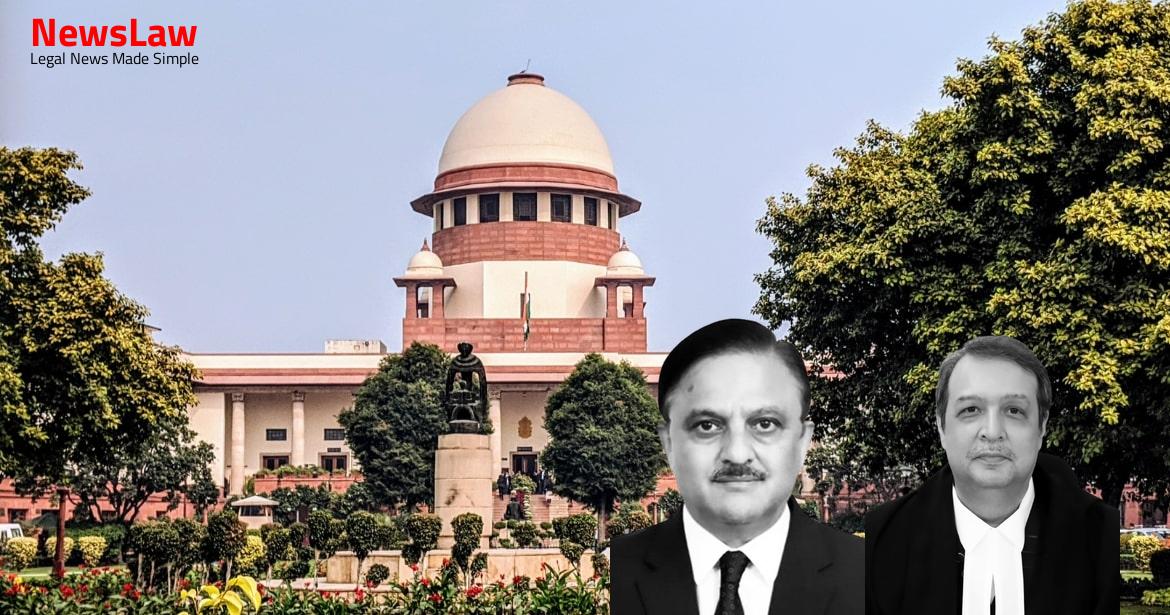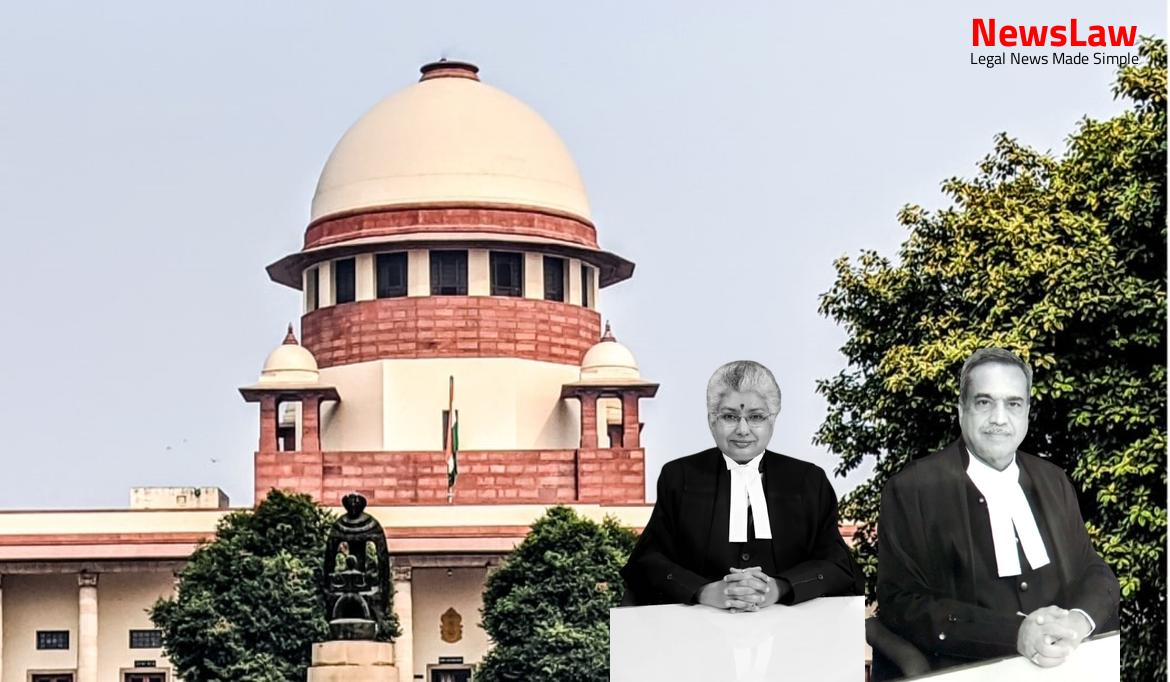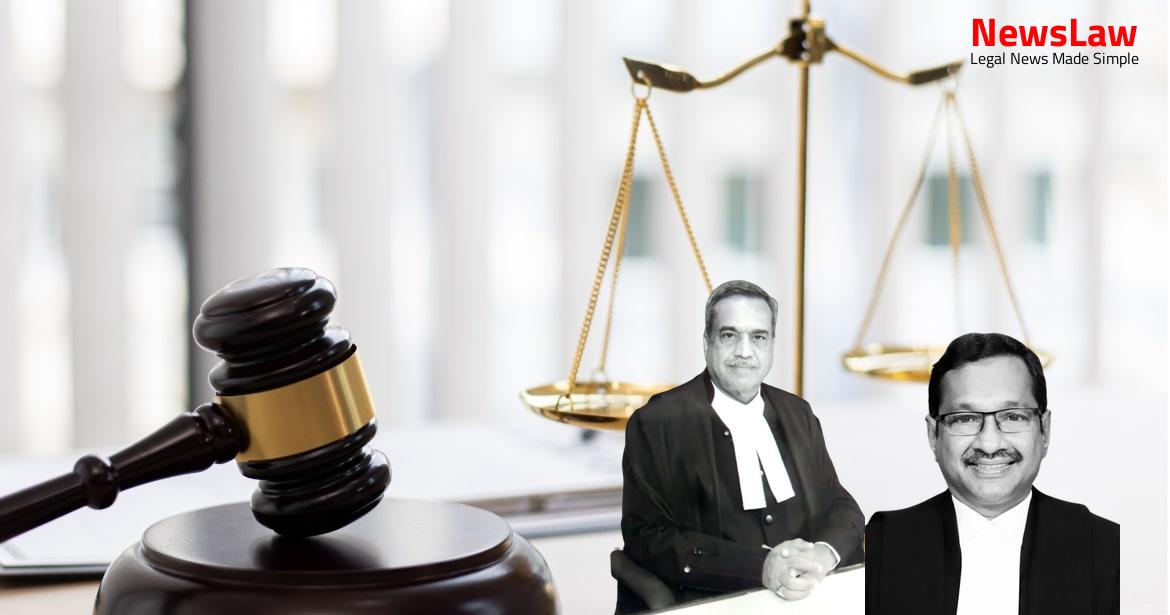Explore the complex legal debate on the classification of software as goods or services in a recent tax case. The court’s legal analysis scrutinizes the transaction involving software sales, emphasizing contractual terms and statutory definitions. The focus is on determining whether the transfer of the right to use goods constitutes a taxable event, regardless of the physical delivery of the goods. Stay tuned for insights into the legal intricacies of software taxation.
Facts
- Directorate General of Central Excise Intelligence (Headquarters) noticed non-payment of service tax by the assessee on the services provided.
- Assessee developed Quick Heal brand Antivirus Software but did not pay service tax on the license codes/keys supplied to end-customers.
- Inquiry initiated against the assessee concluded they are liable to pay service tax on transactions with end-customers for supplying license codes/keys.
- Appellant obtained antivirus software from units in Himachal Pradesh and sold it indigenously by paying appropriate VAT or exported it.
- Tax authorities claimed activities fell under Information Technology Software Service as per the Act.
- Revenue alleged non-payment of service tax on license codes/keys supplied to end-customers between 01.03.2011 and 31.03.2014.
- Show cause notice issued proposing a demand of Rs. 62,73,05,953.36 on the taxable value of Rs. 5,30,94,66,783.
- Adjudication confirmed a demand of Rs. 56,07,05,595 for non-payment of service tax on Information Technology Software Service.
- Assessee appealed the order and Tribunal allowed the appeal, setting aside the Order in Original passed by Additional Director General.
- The Tribunal allowed the appeal filed by the assessee based on three grounds
- The antivirus software was determined to lack interactivity
- The Tribunal, Chennai Branch followed the decision of the Tribunal, Delhi Branch in the case of Quick Heal Technologies Ltd. and allowed the appeals filed by the appellant in their earlier cases
Issue
- The revenue has appealed the order passed by the Tribunal.
- The revenue has presented several questions of law for consideration by the Court.
- The questions pertain to the classification of the transaction, liability of service tax on software, classification of the service provided, and the transfer of goods without the transfer of the right of use.
Arguments
- The senior counsel representing the assessee strongly opposed the appeal, stating that no error, especially of law, was committed by the Tribunal in the impugned order.
- Citing a Madras High Court case, it was argued that selling packaged antivirus software with a license fee constitutes a service, not a sale.
- The Tribunal rejected the revenue’s claim that antivirus software was interactive, emphasizing on the concept of a ‘composite transaction.’
- The guidelines clarified that pre-packaged/canned software is not considered goods, even with a license, and the state can tax the sale element based on ‘dominant intention’.
- The argument was made that updates provided with the purchase of pre-packaged software are integral to the sale and cannot be treated as a separate service.
- The counsel highlighted the distinction between goods and services in the context of software sales, emphasizing the intent of the contracting parties.
- The transaction involving pre-packaged software was divided into stages regarding CD replication and end-user supply, with the present dispute focused on the latter.
- Drawing upon the BSNL case, the counsel stressed that the classification of software as goods or services hinges on the substance of the contract and the parties’ intentions.
- Mr. Sorabjee submitted that the High Court fell in error in making a distinction between branded and unbranded software.
- Mr. Datar argued that a program is interactive only when there is an exchange of information or action and communication between the user and the software.
- Examples of interactive software given were MS Word and Excel, where user instructions are essential for operation.
- Antivirus software was highlighted as non-interactive, as it operates automatically upon detecting viruses.
- Antivirus software installed in a computer system cannot be classified as interactive software.
- Reference was made to the decision in the case of TATA Consultancy Services.
- The Appellant argued that their software is distinct from ERP, Excel, and MS Word, as they involve constant interaction between user and system.
- Post the TCS judgment, the classification of software, music, or film on a medium like CD as goods for sales tax/VAT was settled.
- The learned senior counsel for the assessee urged for the dismissal of the present appeal due to lack of merit.
Also Read: Supreme Court Judgment:
Supreme Court Upholds Benefit of Input Tax Credit in Uttar Pradesh Value Added Tax Act 2008
Analysis
- Where the words of a contract are capable of two meanings, one of which is lawful and the other unlawful, the former construction should be preferred.
- The sale is not just of the media which by itself has very little value.
- Service tax was sought to be levied on Information and Technology Service under section 65(53a).
- The court emphasized that the copyright in a software program may remain with the originator of the program.
- The sale of Goods Act was referred to in para 117 of the judgment.
- The Division Bench declined to interfere with the earlier decision of the Madras High Court in the case of M/s Infotech Software Dealers Association v. Union of India.
- The court discussed the classification of software as goods based on the TCS case.
- The judgment highlighted the attributes constituting a transaction for the transfer of the right to use goods.
- The High Court held that the nature of the transaction should be examined for tax imposition purposes.
- The court held that software put on a medium and sold should be treated as goods.
- The judgment emphasized that software and the medium cannot be split up in a sale of computer software.
- The Tribunal analyzed the ratio of the decision in the case of TATA Consultancy Services and concluded that intellectual property, once put on media and marketed, could become ‘goods.’
- The Tribunal noted that the Supreme Court held that canned software supplied on CDs would be goods chargeable to sales tax/VAT and not service tax.
- Reference was made to the CBEC Education Guide for service tax, indicating that in the case of pre-packaged or canned software being sold, no service tax would be leviable.
- The Tribunal considered the terms of the agreement to determine if there was a transfer of the ‘right to use goods,’ which is the taxable event under Clause 29A of Article 366.
- It was emphasized that the transfer of right to use goods is the taxable event, regardless of when or whether the goods are delivered for use.
- The Tribunal highlighted that even unbranded software, once marketed or sold, may be considered as goods, as per the statutory definition.
- It was clarified that the concept of ‘goods’ includes movable property, and the transfer of the right to use such goods gives rise to the right to use them.
- The Tribunal rejected the contention of the revenue that the transaction would not fall under sub-clause (d) of Article 366(29A) of the Constitution, emphasizing the transfer of the right to use goods.
- The agreement terms grant the licensee the right to use the software subject to the specified conditions, and the tribunal considered this in determining the tax liability.
- Overall, the analysis focused on the legal interpretation of the transaction involving the transfer of the right to use goods, highlighting the importance of contractual terms and statutory definitions.
- The definition of the term ‘service’ has been provided under Section 65B of the Act 1994.
- The definition of ‘service’ includes any activity carried out for consideration, excluding certain specific activities like sale of goods, transfer of money, or provision of service by an employee to the employer.
- Certain functions and duties performed by government officials and members of various bodies are exempted from the definition of ‘service’.
- The concept of deemed sale is defined under Clause (29A) of Article 366 of the Constitution of India.
- Section 66E deals with declared services, which include renting of immovable property, construction, intellectual property rights, information technology software services, etc.
- Deemed sale under the Constitution is aligned with the concept of deemed service as per Section 66E.
- Transfer of the right to use goods for consideration is considered as deemed sale under the Constitution.
- The Madras High Court’s judgment did not refer to the decision of the Court in the TATA Consultancy Services case.
- The appellant’s Review Petition against the order in the Writ Appeal was rejected on 20.12.2021.
- The Tribunal’s order being free from jurisdictional or legal flaws, the appeal is dismissed.
- The sale of software in a CD is one transaction, with no separate service element if the software is considered ‘goods’.
- The transaction amounts to a ‘deemed sale’ and is not subject to service tax.
Decision
- The appellant appealed against the order of the learned single Judge in Writ Petition No 25923 of 2018.
- Writ Appeal No 1881 of 2021 was filed against the order dated 29.10.2020 by the learned single Judge.
- The appeals were allowed and the impugned orders dated 05.08.2021 and 20.12.2021 were set aside.
- Pending application(s), if any, were also disposed of.
- The appellant approached the court by filing the present appeals after the previous Civil Appeal was dismissed.
- Leave was granted in Civil Appeals arising out of S.L.P. (CIVIL) NOS. 6715-6716 OF 2022.
- Considering the judgment in Civil Appeal (Diary No 24399 of 2020), the present appeals were found to be successful.
- The appeals by special leave were filed by the assessee against the order of the High Court in Writ Appeal No 1881 of 2021 and CMP No 11998 of 2021, which were decided on 05.08.2021.
- The appellant lodged statutory appeals against the orders passed by the Tribunal, Chennai Branch.
Case Title: COMMISSIONER OF SERVICE TAX DELHI Vs. QUICK HEAL TECHNOLOGIES LIMITED (2022 INSC 801)
Case Number: C.A. No.-005167 / 2022



